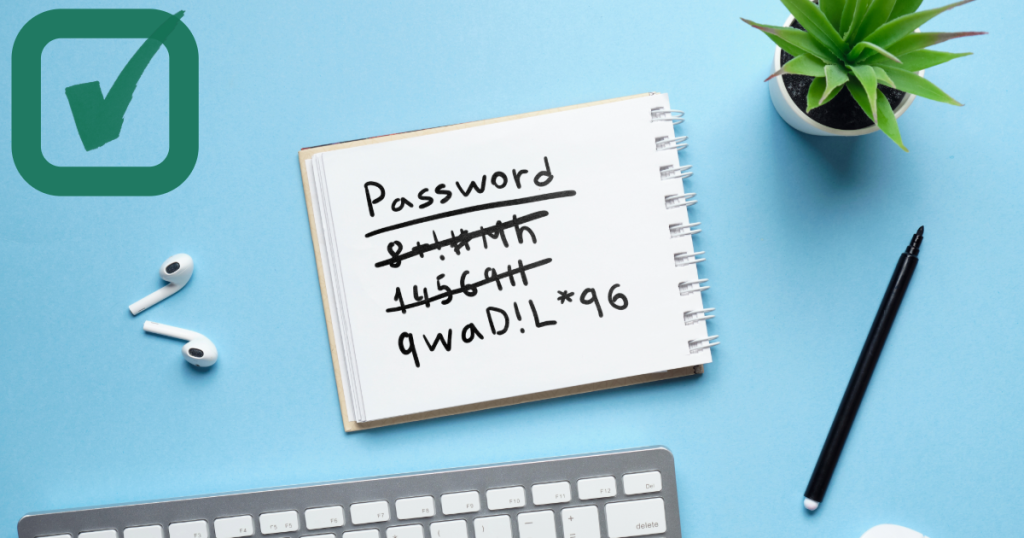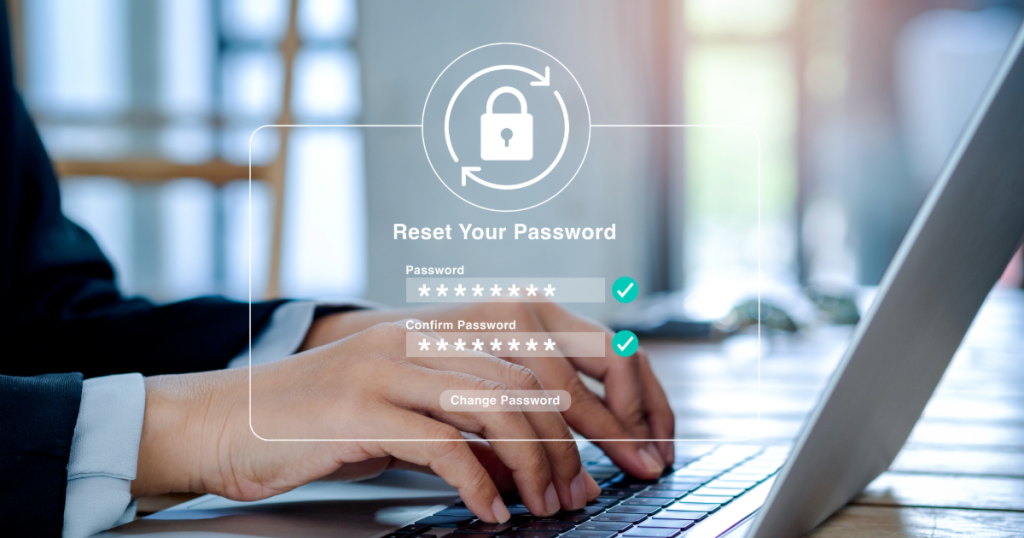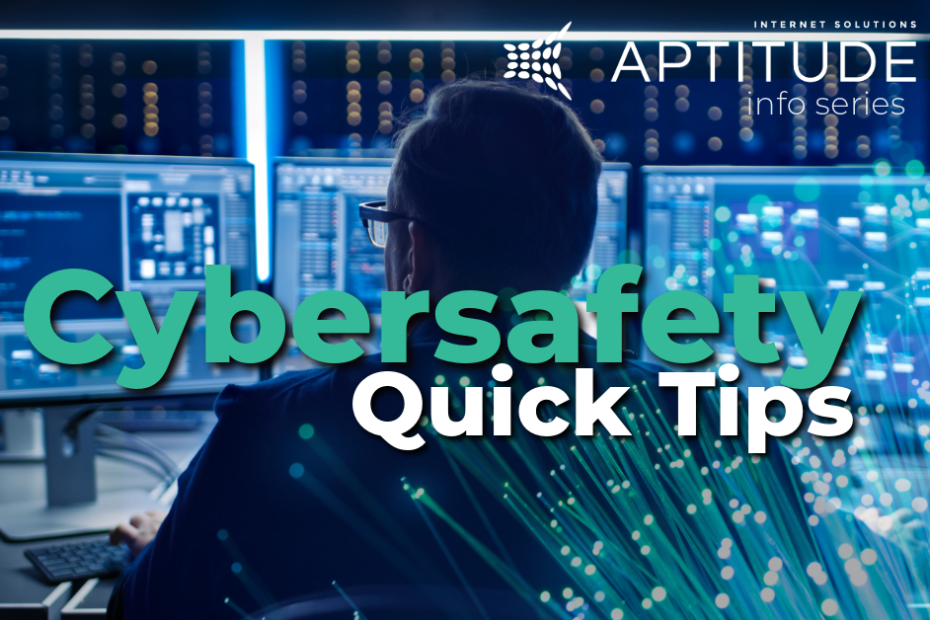It’s always a great moment to get a refresher on Internet Security! Staying informed about best practices for protecting your devices, data, and privacy online is crucial. Take some time to brush up on these essential skills and keep your digital life secure.
You can protect yourself online by following a few simple steps. Here are a few cybersecurity essentials that everyone should be aware of:
Using Strong, Unique Passwords
Your password is the first line of defense against cyber threats. Ensure your passwords are strong, unique, and not easily guessable. Avoid using common passwords like “password123” or “admin” and consider using a password manager to keep track of your credentials securely.


Change Passwords Regularly
Hackers and cybercriminals are constantly evolving their capabilities alongside the advances in digital security, finding new ways to compromise sensitive material. Large data leaks are unfortunately still a regular occurrence and necessitate due diligence to keep your information secure. Consider changing your passwords on a quarterly basis, and especially after large data leaks are reported. Don’t reuse old passwords and always use a different password for each login.

Being Alert for Phishing Scams
Phishing scams are one of the most prevalent online threats. Cybercriminals use deceptive emails, messages, or websites to trick individuals into revealing sensitive information such as login credentials or financial details. Always scrutinize unexpected emails, especially those requesting personal or financial information, and verify the sender’s authenticity.
Thinking Before Clicking on Links/Attachments
Exercise caution when clicking on links or opening attachments, even if they appear to come from trusted sources. Hover over links to preview the actual URL and ensure it matches the expected destination. If something seems off, it’s better to be safe than sorry.
Keeping Software Updated
Outdated software can leave your devices vulnerable to security exploits. Regularly update your operating system, applications, and antivirus software to ensure you have the latest security patches and protections.

Using Antivirus Protection
Invest in reliable antivirus software to protect your devices from malware, viruses, and other online threats. An effective antivirus program can detect and prevent malicious software from infiltrating your system.
Avoiding Public Wi-Fi for Shopping and Banking
Public Wi-Fi networks may not always be secure, making them hotspots for cybercriminals to intercept sensitive data. When conducting online shopping or banking transactions, opt for secure, private networks or use a VPN (Virtual Private Network) for added protection.

Recognizing Secure Websites
When sharing personal or financial information online, ensure you are on a secure website. Look for “https://” in the URL and a padlock icon in the browser’s address bar, indicating a secure, encrypted connection.
So, as you embark on your online adventures, make sure that cybersecurity is at the top of your list. Arm yourself with cyber smarts and safeguard your digital life!
For built-in cybersecurity protection, get Aptitude’s ProtectIQ today, included in all of our plans. Check out availability and sign up to be notified of network expansions at Aptitude Internet Solutions Sign Up
